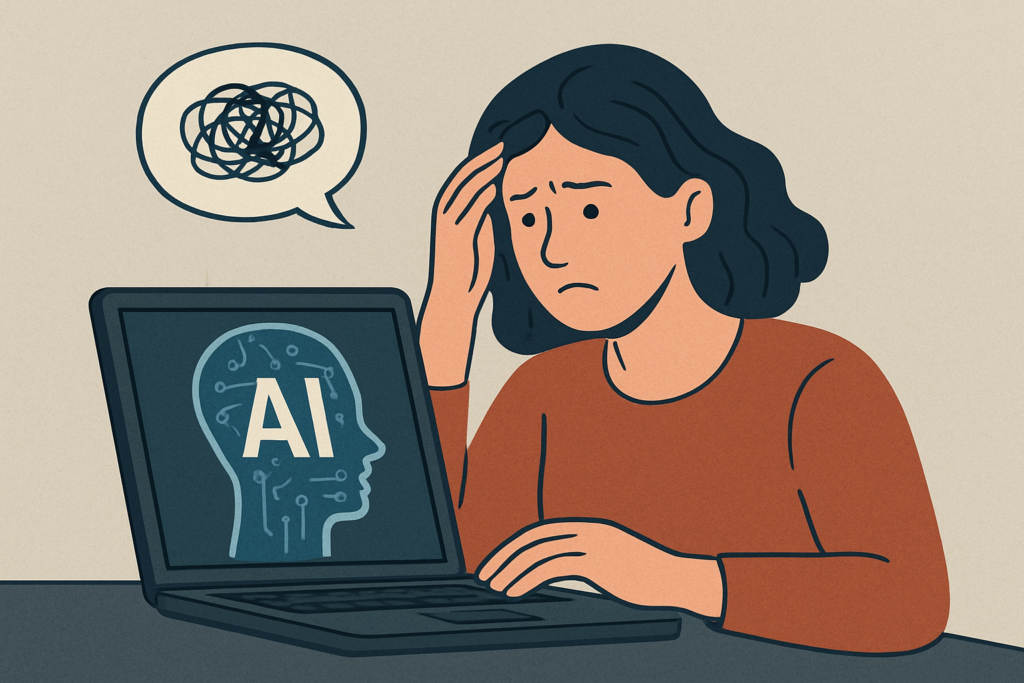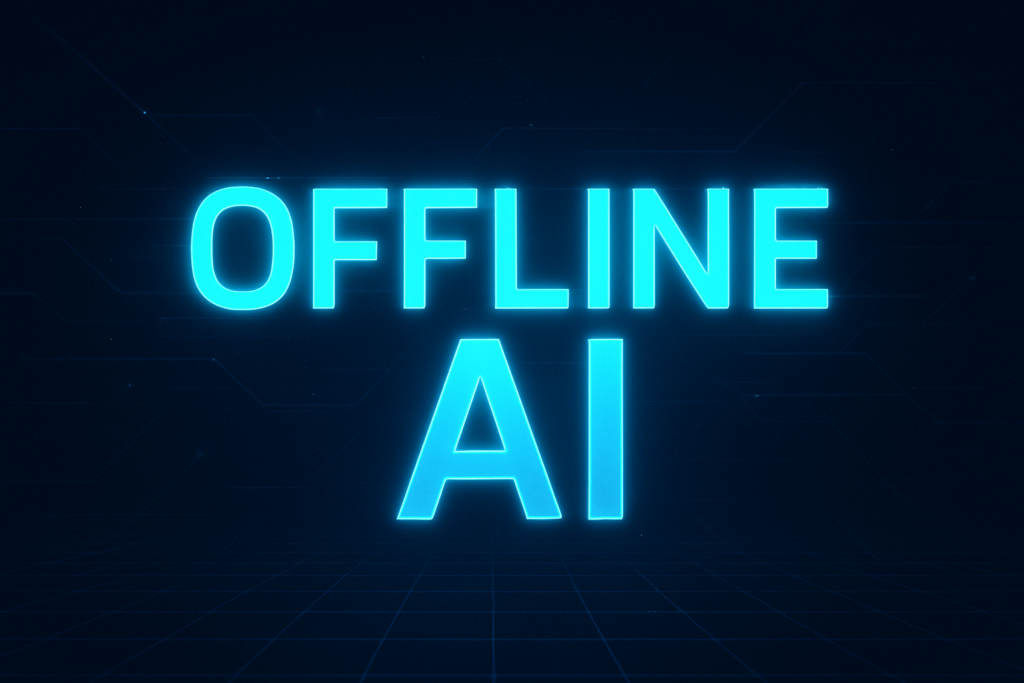Artificial Intelligence (AI) has moved from science fiction into our everyday lives. Remember when IBM’s Deep Blue defeated world chess champion Garry Kasparov in 1997? That was a glimpse of what machines could achieve. Today, AI is everywhere, from voice assistants to self-driving cars: and it’s reshaping the legal world in fascinating ways.
Imagine a camera on the motorway that automatically detects if you’re speeding or using your phone. The entire process: recording, verifying, and issuing a fine, happens without human intervention. That’s AI at work. In fact, with “virtual courts,” traffic fines can be settled online in minutes.
In law enforcement, smart cameras equipped with facial recognition help police locate suspects or detect weapons in crowds. Predictive policing software analyses crime data to identify hotspots. Even India has its own RoboCop, who works as a Sub-Inspector!
But the legal industry itself is experiencing perhaps the biggest disruption. AI-powered tools can draft and review contracts in seconds with remarkable accuracy. Virtual legal assistants handle client queries 24/7, while AI research platforms can predict the likely outcome of lawsuits. Judges and lawyers are increasingly supported by AI systems that help organise information, prioritise cases, and analyse complex legal texts.
India’s Supreme Court has already launched SUPACE (Supreme Court Portal for Assistance in Court’s Efficiency), an AI platform designed to speed up justice and reduce case backlogs. Yet, these breakthroughs come with challenges. Data privacy, cybersecurity, and ethical concerns are real. If an AI system makes a mistake, who is accountable? What rights or responsibilities do machines have?
This is where the Preamble to the Constitution of India reminds us of something essential:
“We, the People of India, having solemnly resolved to constitute India into a Sovereign Socialist Secular Democratic Republic…”
The words We, the People underscore that it is ultimately human beings, not machines, who create, interpret, and uphold the law. No matter how advanced AI becomes, it remains a tool we design and control. We, the People, must decide how far we let technology shape justice and governance.
As we look ahead, one big question remains: Can machines really replace human judgment, empathy, and ethics? Perhaps not fully. But there’s no doubt AI will be an integral partner in the legal profession’s future. And it is up to We, the People to ensure it serves justice, fairness, and our shared constitutional values.
For further information on Artificial Intelligence l as its application in Law please contact Mr. Nitin Walia at business@tuskh.com
The content of this article is intended to provide a general guide to the subject matter. Specialist advice should be sought about your specific circumstances



